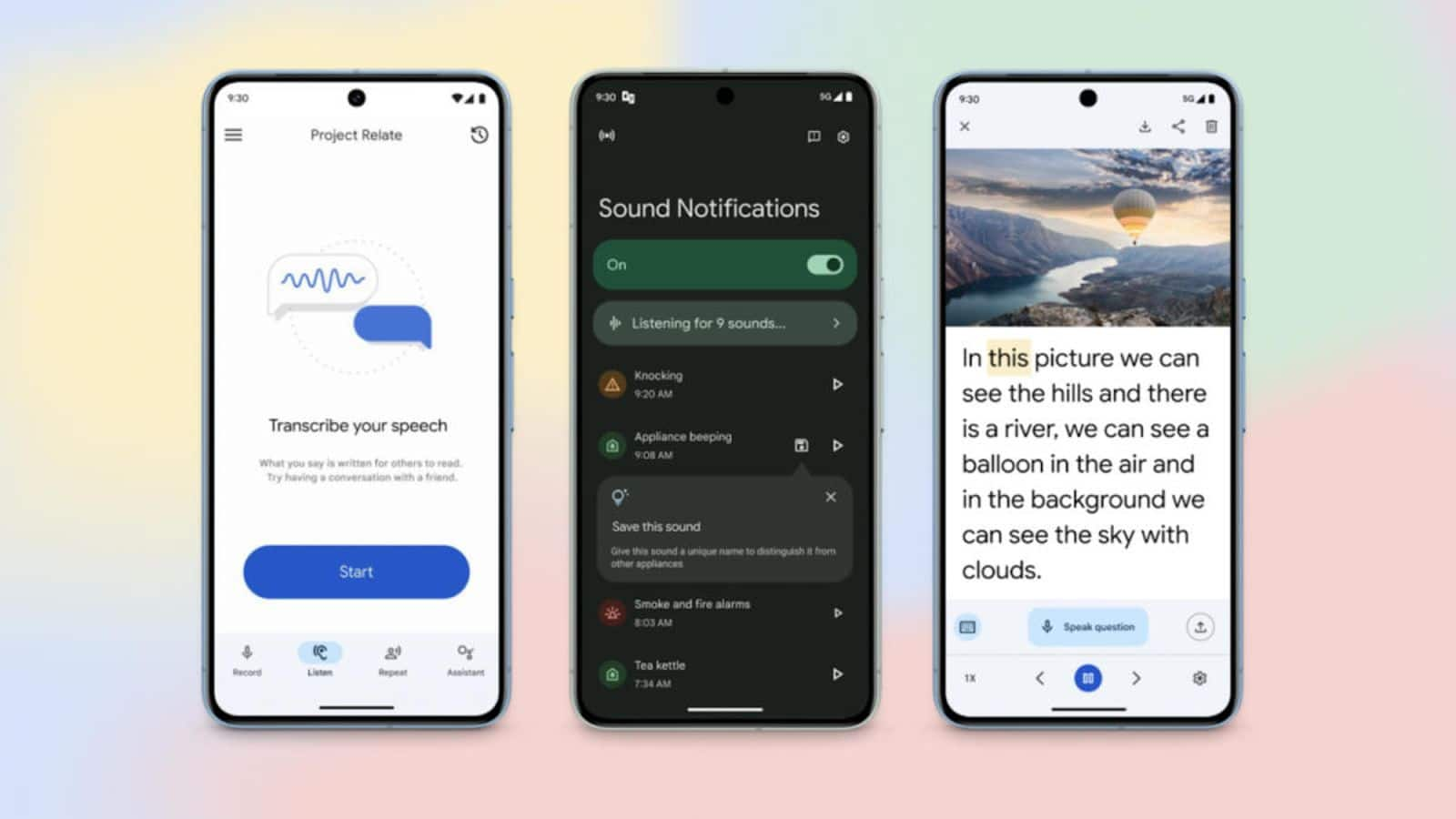
Google enhances 'Lookout' app for visually impaired users
What's the story
Google has updated its Lookout app, a tool designed to assist people with visual impairments. The new version now includes the ability to read text and lengthy documents aloud, recognize food labels and currency, and describe what it sees through the phone's camera or in an image. A highly useful feature is the "Find" mode that allows users to select from seven item categories including seating, tables, vehicles, utensils, and bathrooms.
Find mode
The app also provides AI-generated descriptions
The Lookout app's Find mode is designed to help users interact with their environment more effectively. Once a category is selected, the app can recognize objects related to that category as the user scans their surroundings with their camera. The app then offers information about the direction or distance to the object. Additionally, Google has introduced an in-app capture button for users to take photos and receive AI-generated descriptions swiftly within the Lookout app.
App enhancement
Look to Speak app receives a new update
Google has also updated its Look to Speak app, which enables users to communicate by selecting phrases for the app to speak out loud using eye gestures. A new text-free mode has been added that allows users to initiate speech by choosing from a collection of emojis, symbols, and photos. Users can personalize what each symbol or image means to them, further enhancing their communication capabilities.
Maps update
Google Maps gets enhanced accessibility features
Google has expanded its screen reader capabilities for the lens in Maps. This feature can now inform users about the names and categories of places it identifies like ATMs and restaurants, along with their distance. Detailed voice guidance improvements have also been rolled out providing audio prompts for navigation. Furthermore, Google has made wheelchair information on Maps accessible on desktops, showcasing a wheelchair icon for businesses and public venues with accessible entrances, seating, and parking facilities.
Tech advancement
Open-sources code for Project Gameface
In addition to the app updates, Google has open-sourced more code for the Project Gameface hands-free "mouse," which allows users to control the cursor with their head movements and facial gestures. This makes it easier for people to interact with their computers and phones. The announcement was made at this year's I/O developer conference, highlighting Google's ongoing commitment to enhancing accessibility in technology.